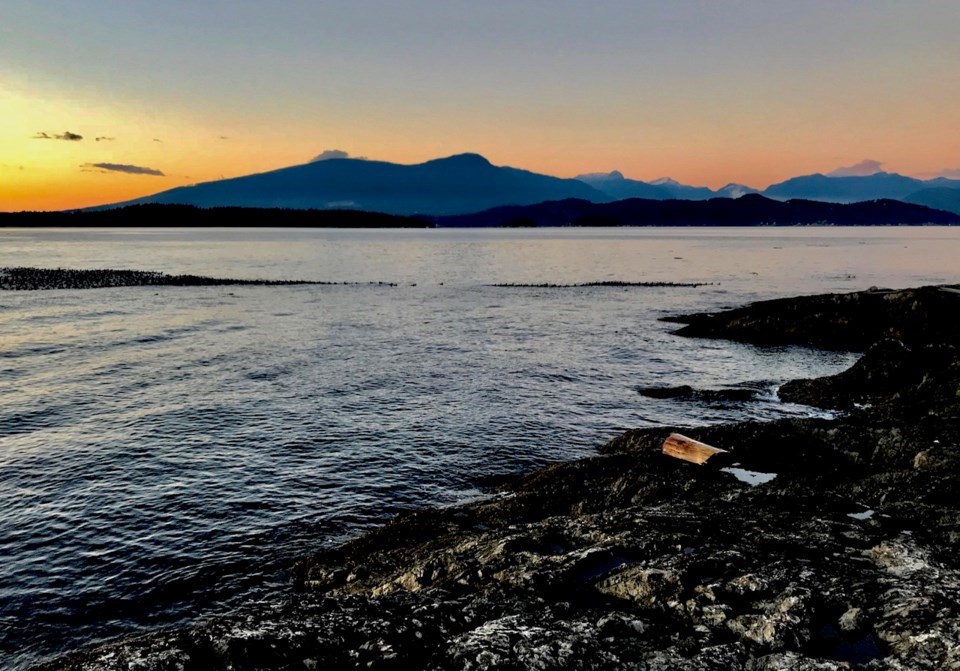With the withdrawal of heavy industrial polluters like the Britannia Mine — not to be confused with the amazing and educational museum — the sound has been bouncing back slowly, but surely as a place of marine wildlife and ecological diversity.
Whales have returned to the previously ailing waters, and glass sponge reefs that were thought to have gone extinct have been discovered in its depths.
It’s truly a treasure. Anyone who’s been here for a hike, a swim or a dive knows this.
With UNESCO’s designation of the Howe Sound area as Canada’s 19th biosphere, that common local knowledge has now been officially certified for all the world to know.
The declaration is a boon for the area, which covers a 218,723-hectare swath of land and sea encompassing the entire Howe Sound watershed.
Perhaps the first great publicity booster for Squamish was when it was declared one of the top spots to visit by The New York Times.
This could be the second. Tourists will no doubt notice a place that has garnered a prestigious title.
As a tourism-dependent town, the extra economic activity could certainly help local businesses recover from the pandemic.
We should be poised to take advantage of this.
Our messaging, advertising and image can all be sharpened with this new moniker.
However, we should also make sure we don’t get too far ahead of ourselves.
The UNESCO designation is something that requires 10-year periodic reviews.
It’s not a given that this title will be afforded to Howe Sound indefinitely.
The volunteers who tirelessly advocated to make this designation possible are also going to be tasked with proving that this area has been living up to the high standard set for bearing this title.
As a result, we should more than ever be conscious of ensuring that the natural beauty of the area remains intact.
Local authorities would do well to try and parlay this newfound clout into increased services and care for our local provincial parks, which have been sorely underfunded to date.
More resources can be put to helping the handful of conservation officers who have the overwhelming task of patrolling the entire Sea to Sky to enforce campfire bans, litter, animal issues and more, each year.
More staff can be hired to maintain and develop trails, while ensuring garbage bins are regularly emptied, instead of brimming to the point that people start tossing waste elsewhere.
New developers and industry seeking a home in the Sea to Sky should be held to an even higher environmental standard. This place has gained global recognition for its ecological and cultural significance.
No, the UNESCO designation does not create any new legal systems or manners to enforce laws or regulations, but it gives us a title.
And like winning a Stanley Cup title one year, it’s worth fighting in successive seasons to keep that title and perhaps even create a lasting legacy.




